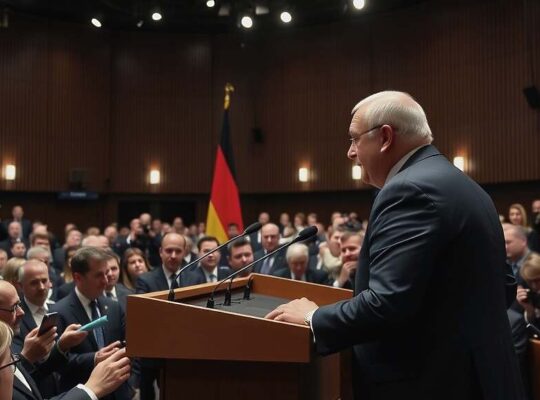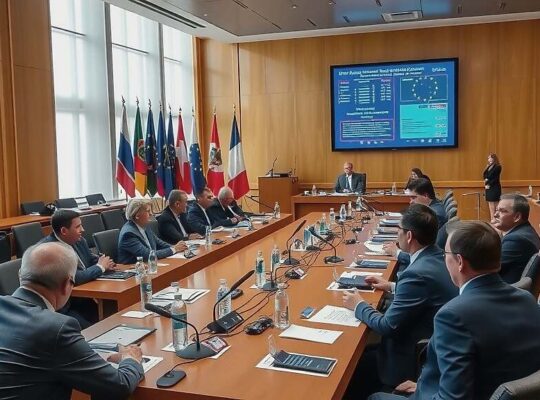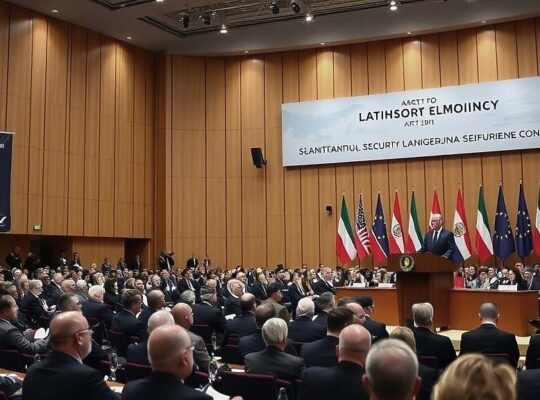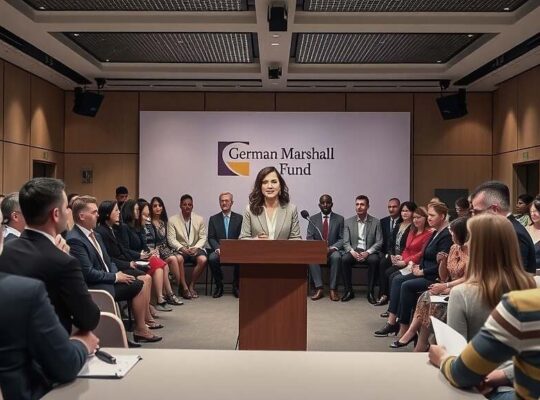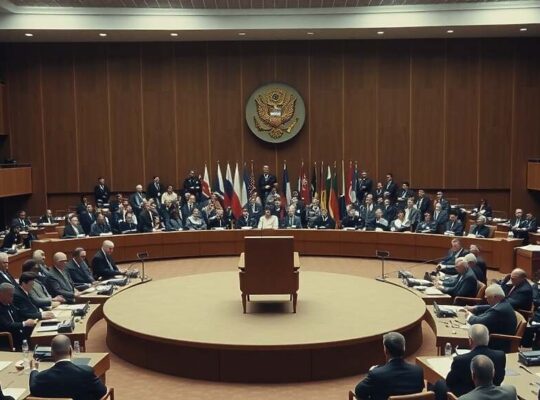Hungary’s Prime Minister Viktor Orbán has dismissed concerns regarding a potential Russian attack on the European Union and NATO, characterizing such anxieties as “laughable”. In a recent podcast interview with Mathias Döpfner, CEO of Axel Springer, Orbán asserted that Russia lacks the capacity to mount a successful assault on either alliance.
Orbán’s confident pronouncements stemmed from a comparison of demographic and military strengths. He highlighted the EU’s population of 400 million compared to Russia’s approximately 140 million and underscored the significantly larger combined military capabilities of the 27 EU member states. He questioned the credibility of warnings about a Russian invasion, pointing to Russia’s inability to fully occupy Ukraine over a period of over three years as evidence of its limitations. “How can we in Europe claim we are weaker than Russia?” he queried.
However, Orbán simultaneously issued a cautionary note regarding the pursuit of a decisive military victory for Ukraine. Echoing an argument closely aligned with Kremlin narratives, he cautioned against prompting a scenario where Russia, a nuclear power, suffers a conventional military defeat. “If a nuclear power loses a conventional war, I am absolutely certain. then the nuclear risk immediately comes onto the table” he warned.
Orbán’s statements, while positioned as reassurance, are likely to fuel debate within the EU, particularly among those advocating for continued and robust support for Ukraine. Critics might interpret his minimization of the threat as evidence of a deliberately cultivated ambiguity regarding Hungary’s alignment within the Western alliance and a potential softening of stance towards Moscow. The Prime Minister’s remarks also serve to highlight the ongoing divergence of perspectives among EU members regarding the appropriate strategy for managing the conflict in Ukraine and the broader geopolitical relationship with Russia, with potential implications for the unity of the alliance.





